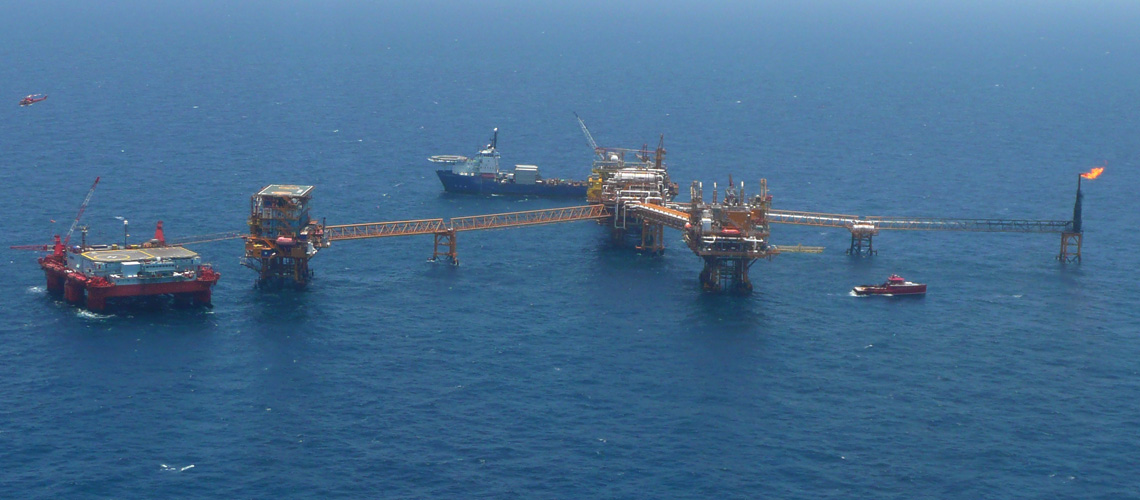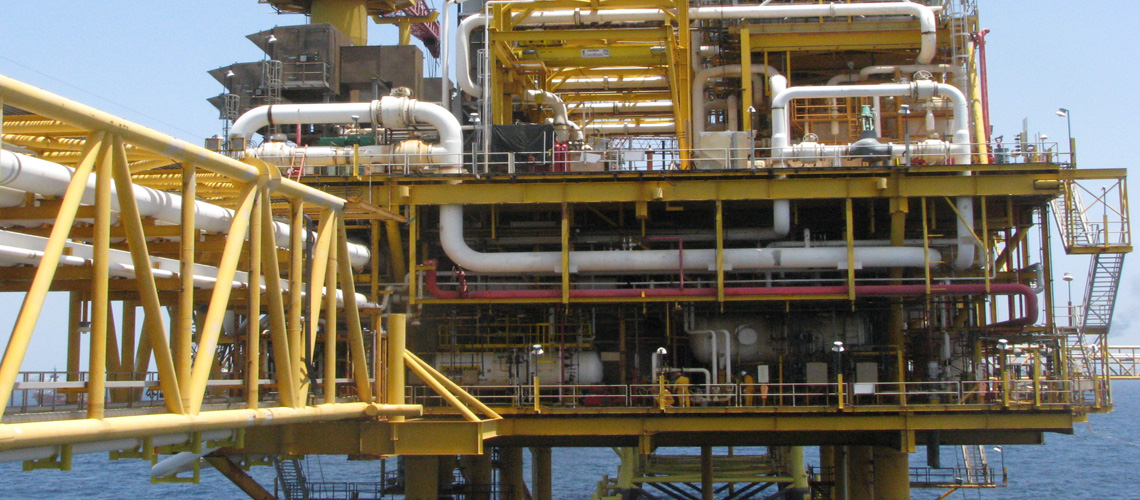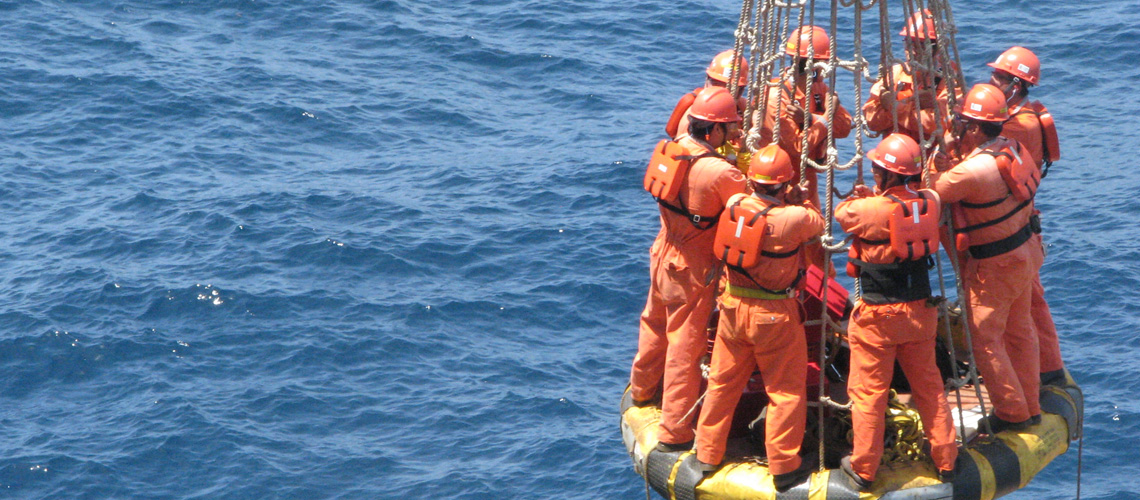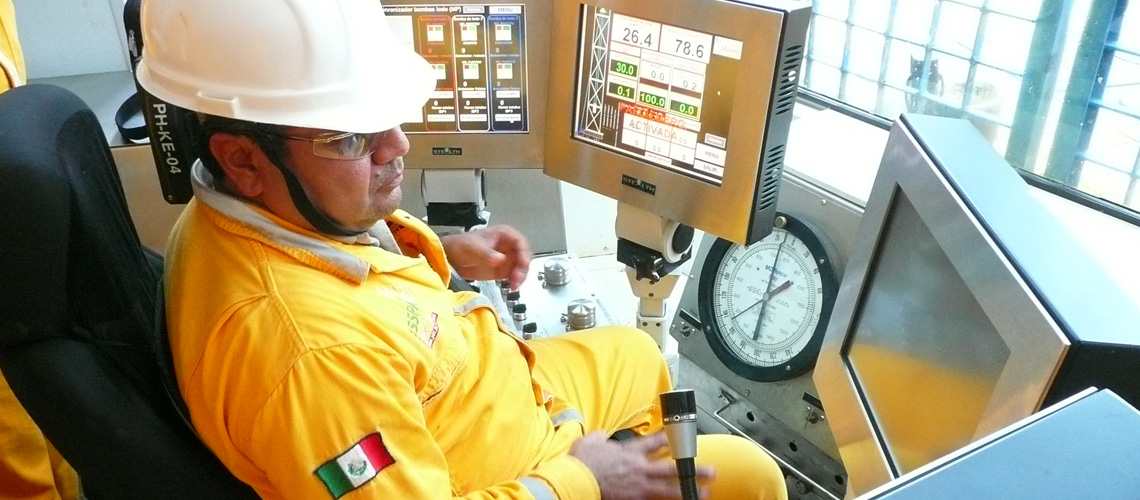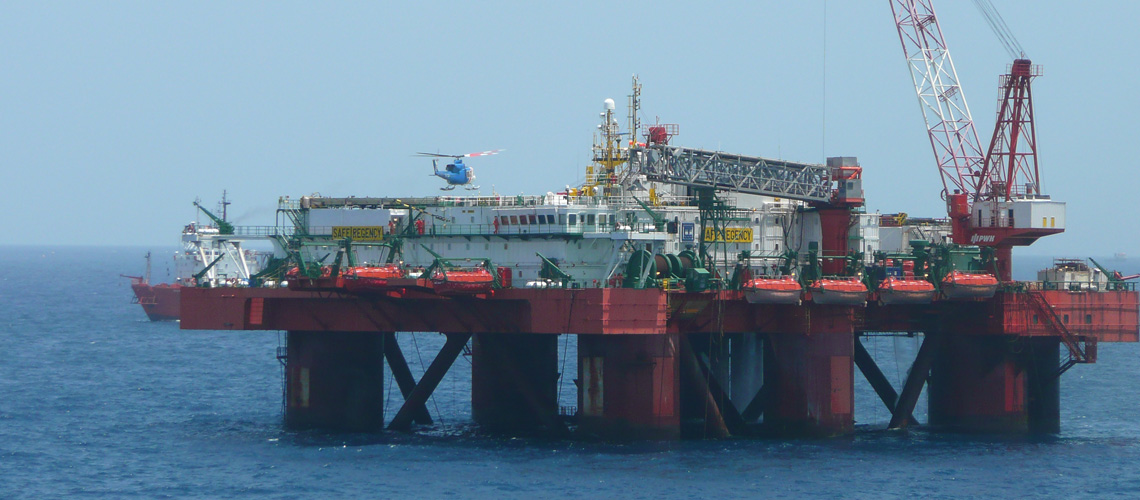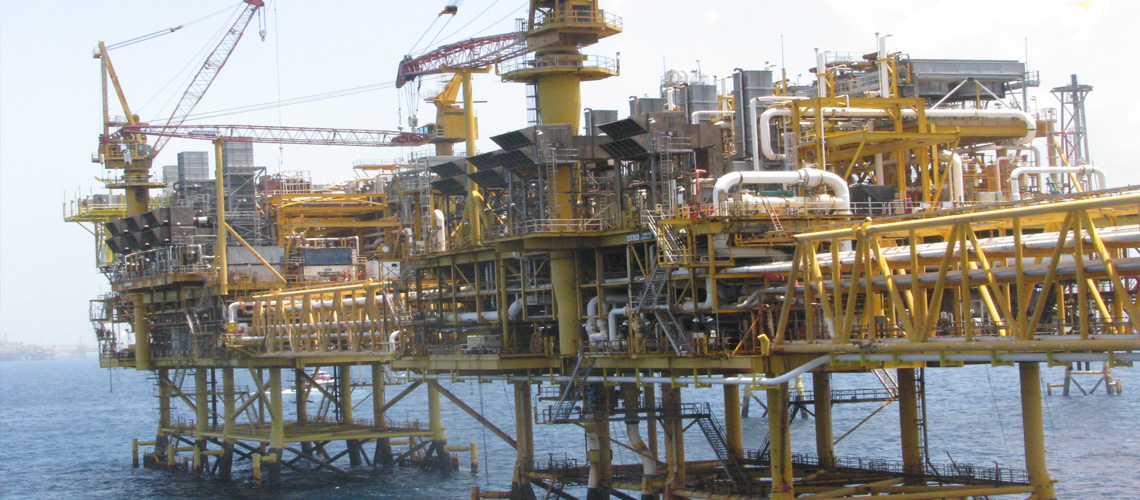The Petroleum Engineer is the professional who has the knowledge that allows him to carry out, with technical excellence, the programming, execution and management of the hydrocarbons, water and geothermal energy exploitation processes, in order to obtain economic benefits for the country and to anticipate possible ecological damages to the environment.
The student interested in entering the Degree in Petroleum Engineering, in the Faculty of Engineering at UNAM, must be graduated from the National Preparatory School, College of Sciences and Humanities or other programs of preparatory education. It is desirable that you have studied the Physical-Mathematical Sciences area or the set of subjects related to these fields of knowledge in the College of Sciences and Humanities, or in other curricula of preparatory education. In all cases, the desirable profile includes the following knowledge, skills and attitudes.
Must have knowledge of mathematics in algebra, analytical geometry and differential and integral calculus of functions of one variable; must also have knowledge of physics, particularly in matters related to classical mechanics, as well as general knowledge of chemistry and computing. It is also desirable that you have knowledge of English, at least at the level of understanding of texts. With regard to skills, it is important that you are willing to work in teams, ability for analysis and synthesis, and for adapting to new situations, and have a creative spirit.
In addition to the above, the student of Petroleum Engineering must be able to adapt to different climates and environments, be willing to travel and like to work outdoors.
There are no other entrance requirements in the Faculty of Engineering.
Graduates of the Faculty of Engineering must have capabilities for innovation, potential to contribute to the creation of technologies and entrepreneurial attitude, with social sensitivity and professional ethics; and with potential and vocation to become a factor of change.
SpecificAt the end of the professional training, the graduate of the degree in Petroleum Engineering will have the following knowledge, skills and attitudes.
Knowledge
• In the areas of drilling, production, reservoirs and management, as well as in geology and geophysics.
• On the management of processes involved to find viable solutions in exploration, development, exploitation, optimization and abandonment of Petroleum fields.
• To carry out research and technological developments to solve problems in the industry, as well as innovation proposals, at the basic level.
• On mathematical modeling of physical phenomena and optimization.
• On the mother tongue and desirably one more language, preferably English.
Abilities
• To plan, design, develop, innovate and coordinate desired projects, systems, components and/or processes, as well as to analyze and interpret the resulting information.
• To work in multidisciplinary teams.
• To use the technologies, computational tools and methodologies available for engineering practice.
• Have a good oral and written communication.
Attitudes:
• Sense of belonging to UNAM.
• Ethical and professional responsibility in its work.
• Deep sense of honesty.
• Be an entrepreneur.
• Have social sensitivity.
• Be open to interdisciplinarity.
• Be willing to participate in ongoing updating and learning processes.
The professional graduate of the degree in petroleum engineering applies his/her mathematical, physical and engineering knowledge to identify, analyze, synthesize and solve problems inherent to his professional practice, considering economic, environmental, political, technological, social, security and feasibility; it also has a basic knowledge of the topics of current relevance, such as: heavy crudes, deep water, characterization of naturally fractured and sandy clay deposits, unconventional drilling, unconventional deposits, as well as the national and international energy context. Can develop his/her activities in operating companies and services of the petroleum sector (state and private), in research and teaching centers, and in organizations related to the exploitation of geothermal resources and aquifers; adapts to work environments, both terrestrial and marine, subject to changing conditions; has the capacity to recognize and analyze the impact of projects, developed and to be developed, in a global economic environmental and social context. He/she will have the necessary capabilities to use the technologies, tools and methodologies available for the engineering practice; and will be able to make fast and appropriate decisions in the exercise of their profession.





